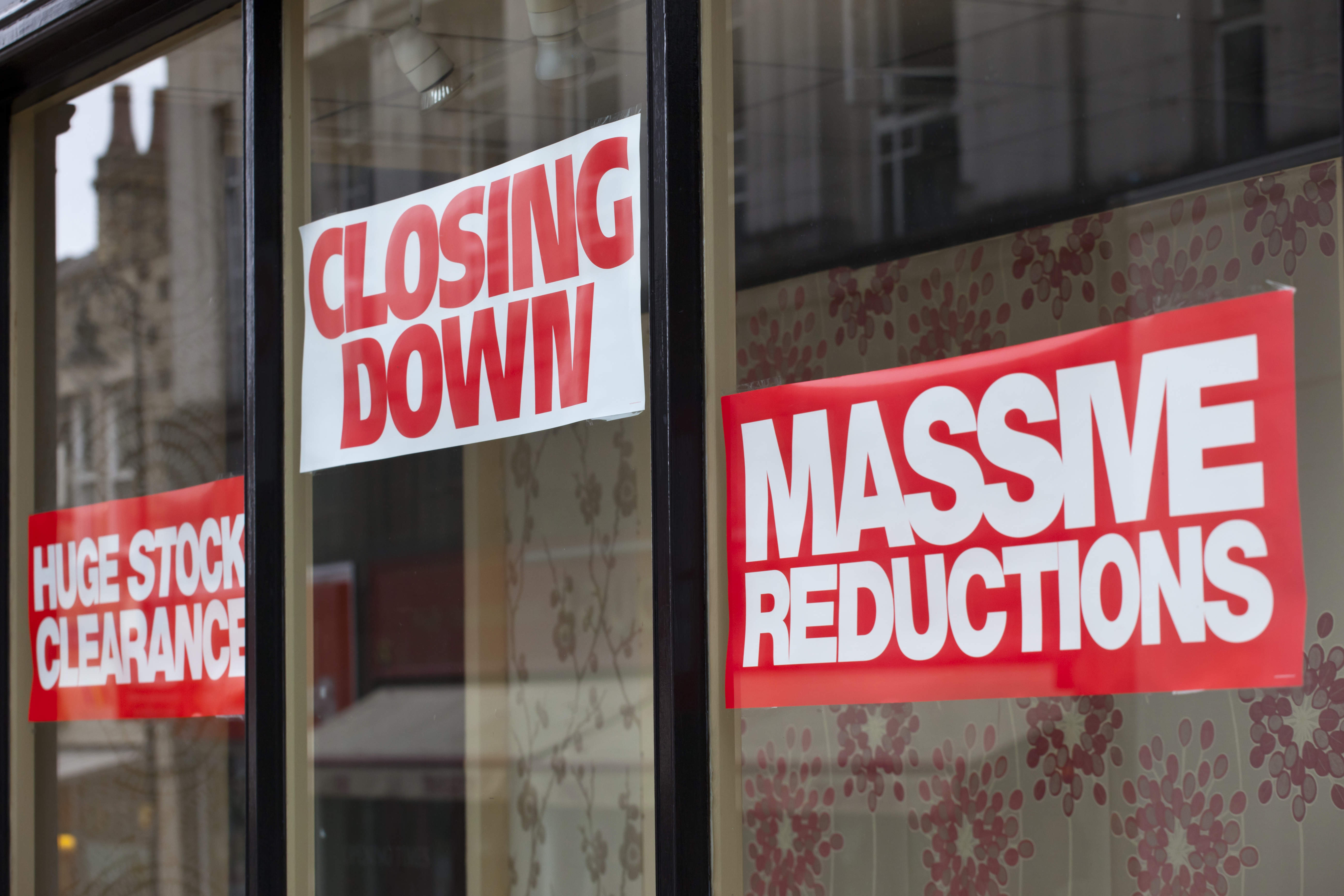
A committee of MPs has warned that city centres are in danger of becoming ghost towns as shopping habits change.
To combat the High Street disaster the MPs say the government should “level the playing field” for High Street retailers by raising taxes on big online stores such as Amazon. The MPs also called for lower business rates and more regeneration in town centres.
The government has said it was investigating to ensure High Streets “adapt and thrive for generations”.
A fifth of UK retail sales now happen online and it is likely to grow more popular in years to come. The Housing, Communities and Local Government Committee said the impact on High Streets had been “stark” which resulted in “store closures, persistently empty shops and declining footfall”.
It added: “Some formerly thriving shopping areas are likely to become ghost towns and effectively close down altogether unless the government, councils, retailers, landlords and the local community act together,”
One problem the committee made clear was that High Street retailers paid more business tax than online retailers due to the greater reliance on physical premises. For example Amazon UK’s rates are around 0.7% of its UK turnover, on the other hand most High Street retailers pay between 1.5% and 6.5%.
The committee urges the government to consider “green taxes” on online deliveries and packaging, as well as higher VAT and a general sales tax.They went on to say how the revenue raised would be put towards a reduction in business rates for High Street retailers and more funding for regeneration. The committee also called for planning reforms to create more “green spaces” in city centres, as well as more leisure, culture and social care services.
Helen Dickinson, the chief executive of the British Retail Consortium, said: “The select committee are spot on when they say, ‘retailers are paying more than their fair share of tax’.
“In fact, retail accounts for 5% of the economy, pays 10% of all business tax and shoulders 25% of the UK’s Business Rates bill.
“This damaging and outdated business rates system, which drives up the cost of doing business, is a major factor in store closures as well as hindering the successful transformation of our high streets.”
High streets minister Jake Berry said: “We know high streets are the backbone of our economy and a crucial part of our local communities, and we want to see them thrive – both now and in the future.
“That’s why the government has stepped up, putting a plan for the high street at the centre of the Budget, backed by £675m cash investment to ensure that local high streets are able to adapt and thrive for generations to come and
establishing a High Streets Task Force to support local leadership.
“And we’re supporting small retailers too, slashing business rates by a third – building on more than £13bn of rates relief since 2016.
“As the Chancellor made clear in the Budget, an online sales tax would be passed on to consumers.”
Due to store closures it is estimated that 150,000 jobs were lost in 2018. Many high profile retailers were rescued and many failed such as Toys R Us, Maplin and House of Fraser.
Committee chair Clive Betts MP said: “The growth of online shopping has profoundly changed retail in the UK, and the knock-on impact on high streets has been stark.
“It is likely that the heyday of the high street primarily as a retail hub is at an end.
“However, this need not be its death knell.”